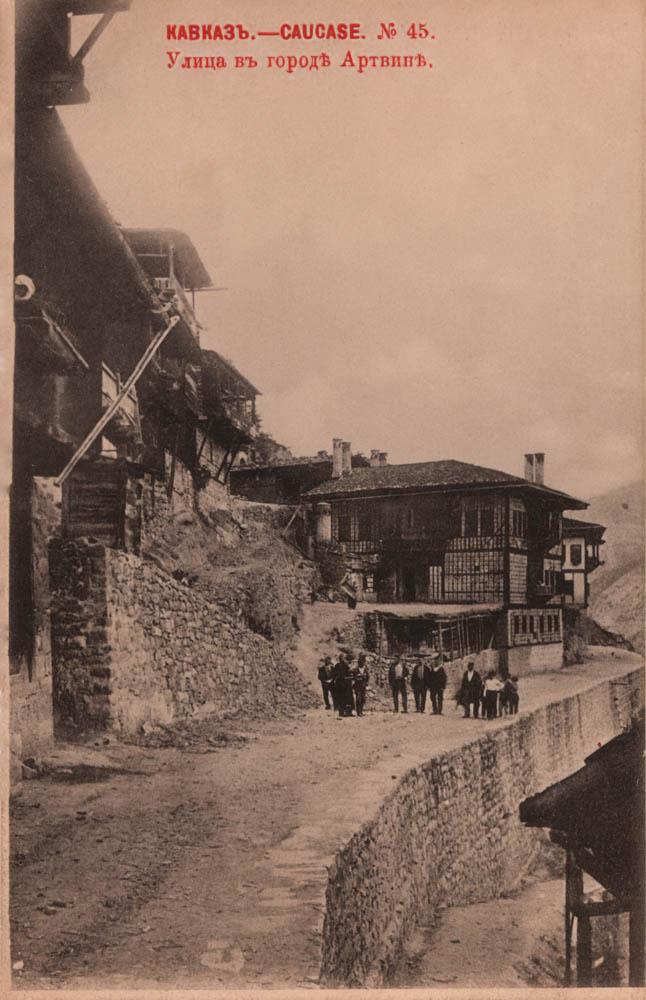Artvin is a city located in the northeastern part of Turkey. The names Ardanuç, Artvin, and Ardahan feature the Hurrian root “ard-” (art-), meaning “city,” which is also present in the name of the Kartli region. (The Hurrians were an ancient people who lived in Mesopotamia before the 1st millennium BCE.)
During excavations conducted in 1944 near Artvin, traces of settlements associated with the Kura-Araxes culture (an early Transcaucasian culture) were discovered, dating back to 3500-2200 BCE.
Due to its location, Artvin has changed hands since ancient times—it belonged to the Iranian-speaking Scythians (7th century BCE), the Greek Kingdom of Pontus (119 BCE), Rome (65 BCE), and many other state formations.
In 863, this region was conquered by the Muslim Rashidun Caliphate, which controlled Artvin until 1023, when it was incorporated into the Byzantine Empire. In 1064, the city was occupied by the Seljuk Turks, and after the collapse of the Seljuk state in 1194, Artvin became the territory of the Anatolian tribe of Eldiguz.
After regaining control over the city in the 13th century, the Georgian Jakeli family successfully defended it from Turkmen invasions.
In the second half of the 15th century, Mehmed II subjugated the southern coast of the Black Sea to the Ottoman Empire. Selim I’s expeditions (1470-1520) gave the Ottomans control over a number of castles (and thus the entire region), which lasted until the Russo-Turkish War of 1828-1829. The Russians left Artvin after the 1917 revolution, and following the defeat of the Ottoman Empire in World War I, British troops occupied this territory in 1918 and handed it over to the Democratic Republic of Georgia. However, as a result of the Red Army’s invasion of Georgia, Artvin was transferred to the newly formed Turkey under the Treaty of Kars in 1921.
